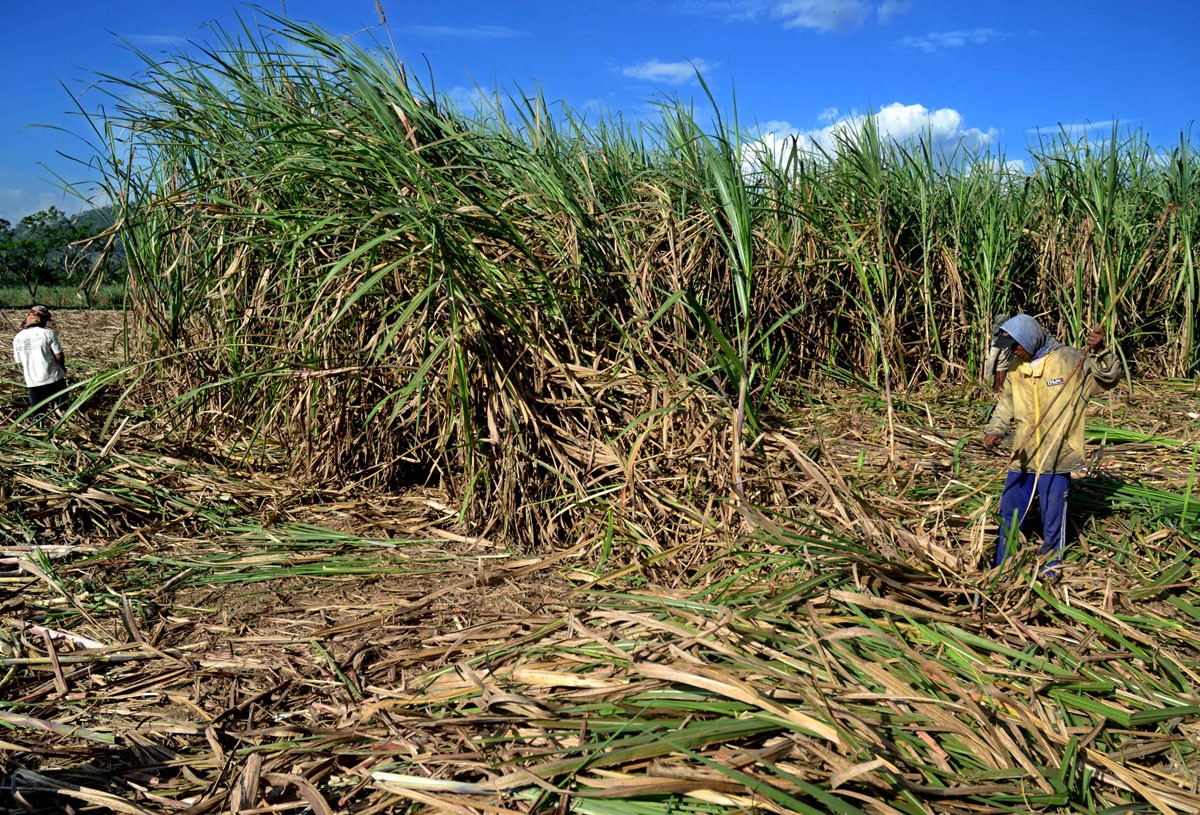Popular Reads
Top Results
Can't find what you're looking for?
View all search resultsPopular Reads
Top Results
Can't find what you're looking for?
View all search resultsTwo state enterprises to convert sugarcane waste into fertilizers
Change text size
Gift Premium Articles
to Anyone
S
tate-owned plantation firm PT Perkebunan Nusantara (PTPN) XI has signed a Memorandum of Understanding (MoU) with state-owned fertilizer producer PT Pupuk Kujang to conduct research on the conversion of sugarcane waste into organic fertilizers.
If the research arrives at a positive result, mass production will commence during next year’s sugarcane planting season, PTPN XI president director Mohammad Cholidi said on Monday.
In the absence of the organic fertilizers, sugarcane farmers are entirely dependent on chemical fertlizers to increase their productivity, although they know that these fertilizers would harm the soil of their farms, he added.
“We want to be a sustainable industry. The low soil nutrition means the sucrose content of the sugarcane is not optimal. It affects our productivity,” Cholidi said, adding that sugar production had been decreasing over the last 10 years.
"PTPN XI plans to use their factories in the two East Java towns of Madiun and Probolinggo to produce the organic fertilizers,” Cholidi added.
Meanwhile, PT Pupuk Kujang president director Nugraha Budi Eka Irianto said they planned to produce organic fertilizers from 200,000 tons of sugarcane waste supplied by PTPN XI.
“Based on our calculation, organic fertilizers will reduce farmers’ consumption of chemical fertilizers from 1,200 kilograms to 700 kilograms per hectare,” Irianto said.
Cholidi said he was confident with the effectiveness of organic fertilizers because “we only have to test the already proven ingredients with the bacteria.” (dis/bbn)










